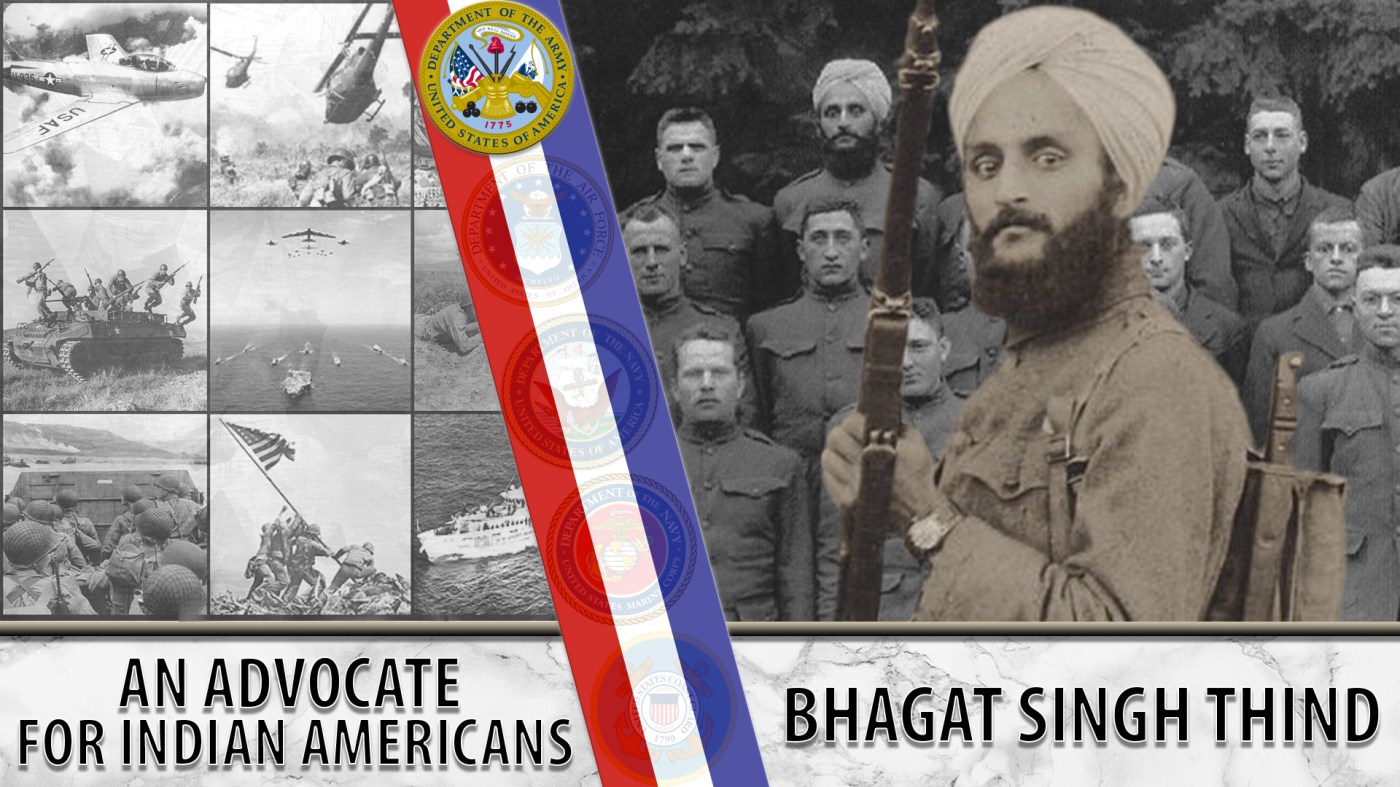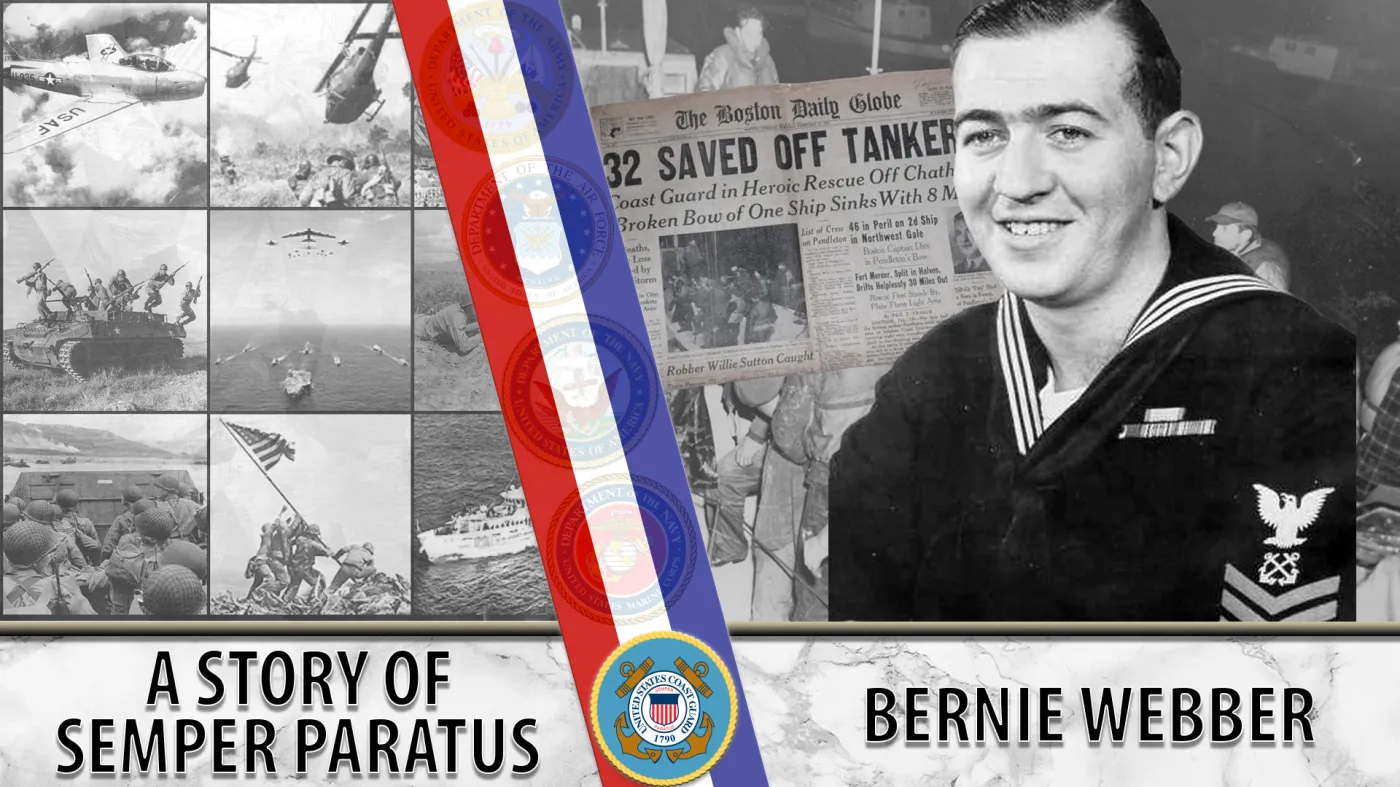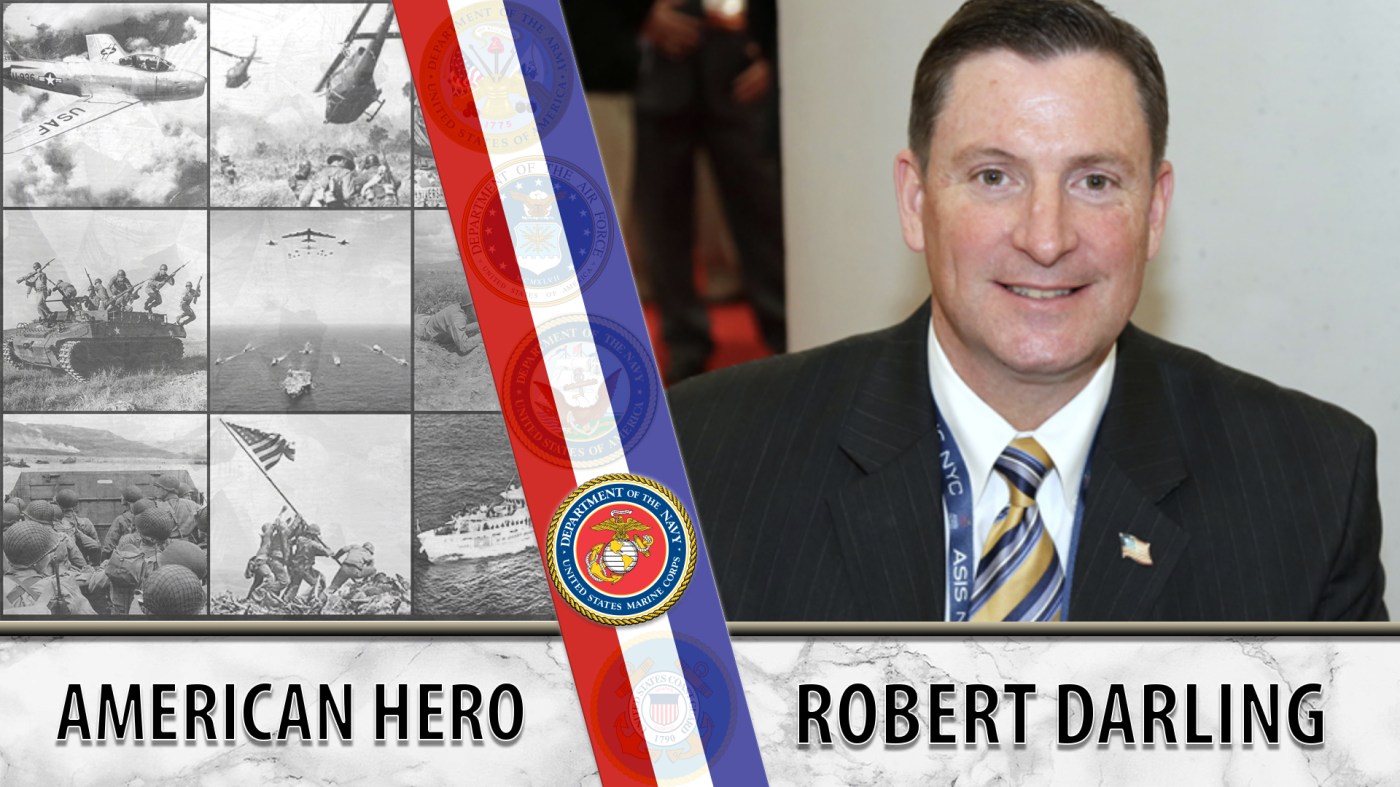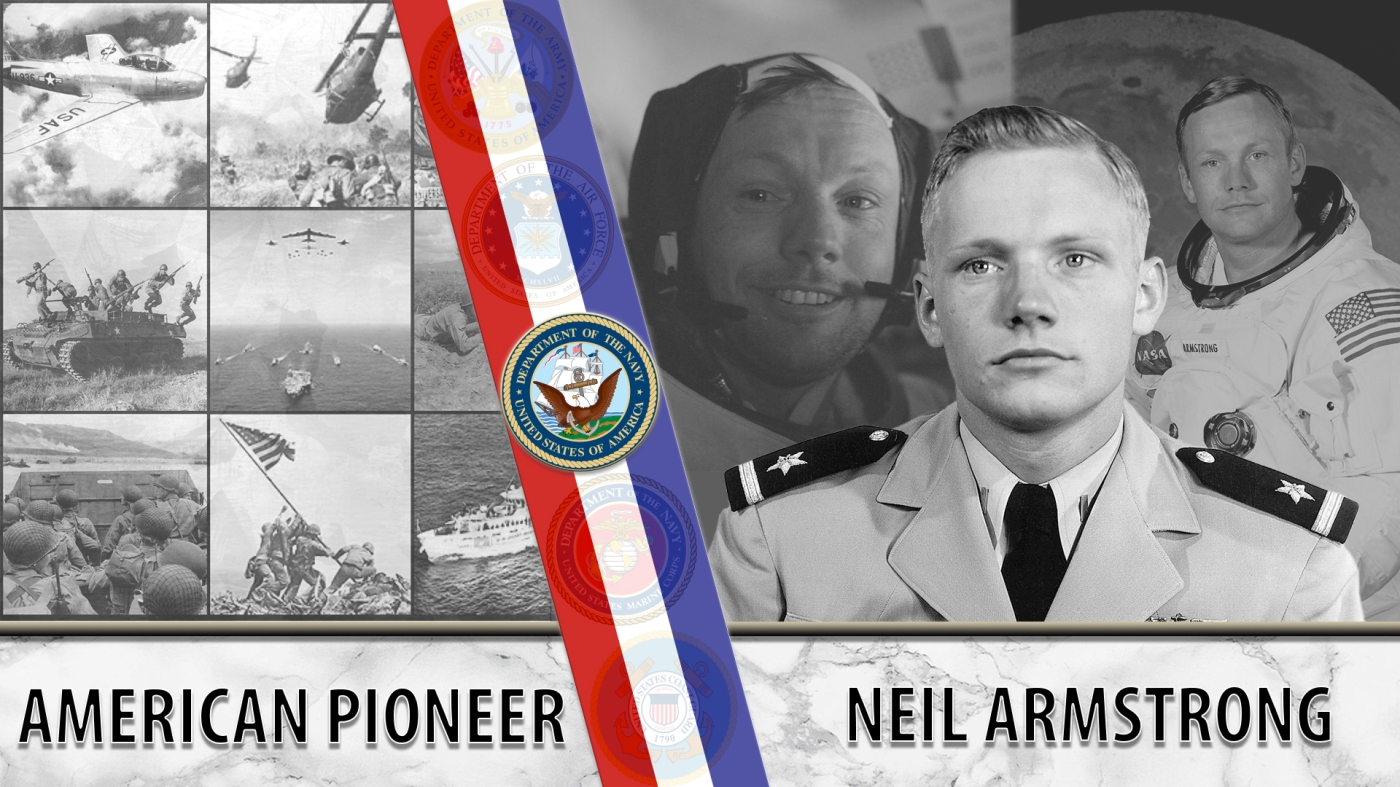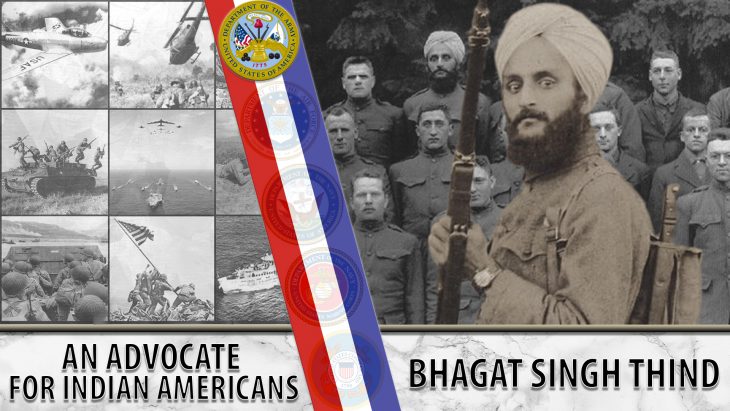
World War I Army Veteran Bhagat Singh Thind advocated for the citizenship of all Indian Americans to the United States Supreme Court.
Bhagat Singh Thind arrived in the United States in July 1913, leaving his family behind in Punjab, India. His life changed dramatically after he was accepted into the University of California at Berkeley to study theology. In 1914, he suffered the loss of his brother, who died on his way to America.
Once the United States entered World War I, Thind enlisted into the Army in 1918. Though he never took part in combat, Thind achieved the rank of sergeant before his honorable discharge at the end of the war in December 1918. He is also noted as being the first member of the U.S. Armed Forces to wear a turban as part of its uniform.
Thind applied for U.S. citizenship in Oregon under the Naturalization Act of 1906. This immigration law stated that people of Asian descent were included in the Caucasian count, but not those of Indian descent. Though his petition of naturalization was accepted by Oregon, a lawsuit followed. An immigration examiner denied his request and asked the court to overturn the acceptance because Thind was not a person of Caucasian or African origin. Since Indians and Europeans share common descent, Thind argued he was of the Caucasian race and therefore eligible for citizenship.
Due to the unfair decisions of the lower courts, Thind appealed his case all the way up to the Supreme Court in 1923. His motion to be eligible for citizenship was ultimately denied by the Supreme Court. Justice Sutherland’s opinion states that Thind was not seen as “white” when viewed by the “common man.” However, Thind continued advocating not only for himself, but also for the rights of other Indian Americans.
Thind pursued a doctoral degree and published 15 books, many of which explored philosophy and the works of transcendentalist writers. His most notable books include “House of Happiness,” “Radiant Road to Reality,” “Science of Union with God,” and “The Pearl of Greatest Price.” He married Vivian Davies in 1940, and they had a son named David. Following his defeat in the Supreme Court, Thind was granted citizenship by the state of New York in 1936.
“You must never be limited by external authority, whether it be vested in a church, man, or a book. It is your right to question, challenge and [be] investigated,” Thind reflected, in his questioning of American citizenship. His Supreme Court case challenged the legality of the Naturalization Act of 1906 and would eventually lead to the Supreme Court overturning unfair precedents on citizenship in the future.
We honor his service.
Writer: Hannah Nelson
Editor: Julia Pack and Alli P.
Researcher: Kinsley Ballas
Graphic Designer: Roni Ruadap
Topics in this story
More Stories
Bernie Webber led one of the greatest Coast Guard rescues in history that was later chronicled in the book and movie, “The Finest Hours.”
As the events of 9/11 unfolded, Marine Veteran Robert Darling served as a liaison between the Pentagon and Vice President Dick Cheney in the underground bunker at the White House.
NASA astronaut Neil Armstrong was the first person to walk on the moon. He was also a seasoned Naval aviator.

